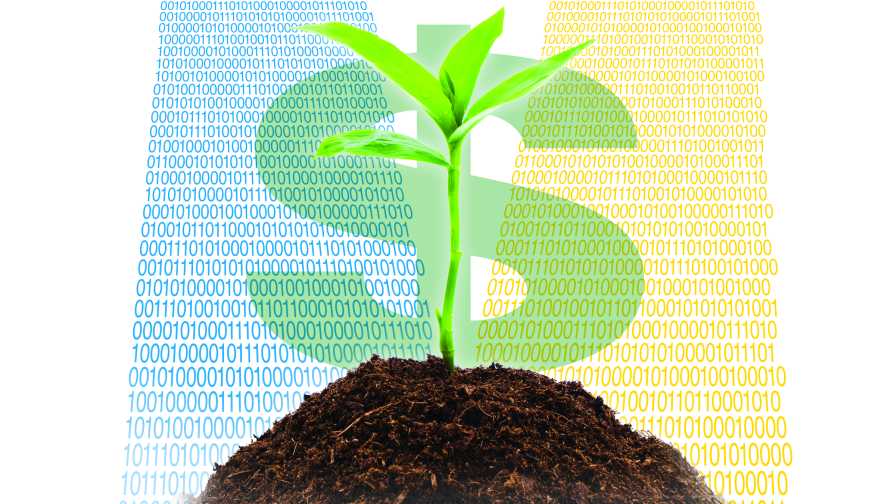Will Big Data Yield Big Returns for Farmers?
 The hot new terminology surfacing in agriculture and beyond for improving productivity and profitability is “big data.” Big data is not new, it is a common term for capturing the chaos of a complex system of relationships. Chaos theory has long been hypothesized as a means for studying these complex relationships, and big data is nothing more than acknowledging those chaotic relationships exist. Big data helps to identify these complex relationships and provides the means for identifying and collecting the data needed to understand these relationships. Big data also includes the processing capacity to utilize that data.
The hot new terminology surfacing in agriculture and beyond for improving productivity and profitability is “big data.” Big data is not new, it is a common term for capturing the chaos of a complex system of relationships. Chaos theory has long been hypothesized as a means for studying these complex relationships, and big data is nothing more than acknowledging those chaotic relationships exist. Big data helps to identify these complex relationships and provides the means for identifying and collecting the data needed to understand these relationships. Big data also includes the processing capacity to utilize that data.
We are beginning to explore the opportunities big data may offer in productivity and profitability. Because of the complex nature of the economic engine driving agriculture, policymakers are exploring new ways to help the system capture those gains. Big data has a role in keeping U.S. agriculture strong.
Big data represents anything that can impact the bottom line in your organization. Growing fresh and processed fruit and vegetables involves great risk. Risk is often measured as the probability that the outcome affects your business negatively. From politics to weather, there are many factors that can change the nature of your business and affect the long-term sustainability of the business.
I noted in a previous article that the challenges are great for the produce industry, particularly in food safety, labor, water quality and availability, and the environment. While we can speculate what the impacts of those factors may be as economics and policies change, it is nothing more than educated guesses. Those guesses become more precise only if we understand the complex relationships surrounding those issues and capture and process the data of those complex systems.
Where Do We Start?
Some have conceded the obvious of the complex nature in the produce industry and sought to minimize the factors with the greatest impact on productivity. Protected agriculture seeks to control those factors that cannot be managed in the open field and eliminates (or manages) their influence on productivity. Greenhouses manage the environment (like weather) in ways that allow us to focus on fewer risk factors (like food safety). Even here, big data can be important to managing outside influences. With big data, we can come closer to understanding the direct impacts of other changes in operating practice.
One area that should command our attention with big data is food safety. The fear of the unknown is probably greatest in this area. We have witnessed devastating impacts from food safety issues in the produce industry. Produce ranks fourth as the food category contributing most to the burden of food-borne illnesses. In the U.S., big data can be used to understand the direct relationships between introduction of the risk factor and the potential negative impact it can have.
If we understand the pathology of a food safety incident and the path it will follow once introduced, we can be better prepared to intervene and minimize its impact on consumers, markets, and business.
How Do We Energize the Use of Big Data?
Technology development has opened the door to greater understanding of complex systems. Super computers have come closer to our desktops, and applications are being written to help us capitalize on that technology. Identifying data that can help us understand these complex systems and developing the capacity to collect and process it all is critical.
Growers also have a role in this process. Few organizations have the resources to collect and process these data points on their own. It will require cooperation throughout the industry. It is important growers make policymakers aware of the value to be gained from big data and to help them develop policies that facilitate data collection and processing.
Growers also have to release their fear of sharing data that can contribute to this process. Technology development proceeds when we understand what impact new technology will have on the whole system. Big data can inspire a new generation of productivity and profit for growers who are now struggling to survive. It could be the engine that leads to another green revolution that directly benefits the produce industry.











